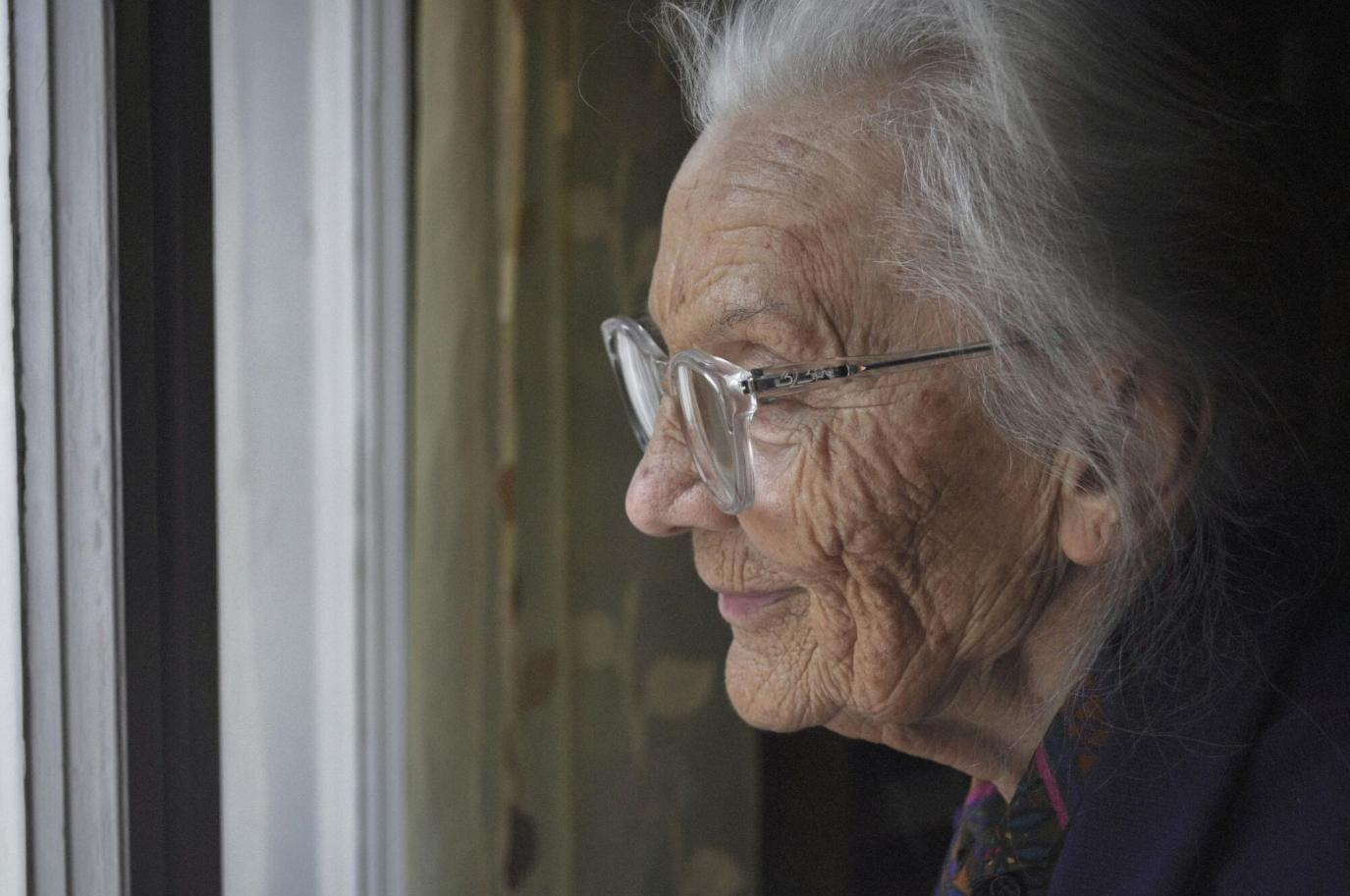Have you ever wondered how stigma affects the way we care for seniors? Many older adults face stereotypes, negative labels, or even shame when it comes to aging and needing support. This stigma can make them feel isolated, overlooked, or less valued.
By addressing these challenges, we can create a more supportive environment that uplifts seniors and improves their overall wellbeing. In this article, we’ll explore practical tips to break down stigma in elderly care and foster a culture of respect, compassion, and dignity.
Keep reading to discover how small changes can make a big difference in the lives of our seniors.
Understanding the Impact of Stigma
Stigma in elderly care often comes from negative views about aging. Many people wrongly believe that growing older always means weakness or decline. Such stereotypes can lead seniors to feel ashamed of needing help.
This shame can stop them from asking for support, whether it is medical, emotional, or social. When stigma is left unchallenged, it can harm confidence and reduce the quality of life.
Encouraging Open Conversations
One of the best ways to reduce stigma is by creating safe spaces for honest talks. Families, caregivers, and healthcare providers should encourage seniors to share their feelings and needs without fear of judgment.
Simple listening can go a long way. When seniors feel heard and respected, they are more likely to accept care. These conversations also help break down old beliefs that aging is only about loss, reminding everyone that it is also about:
- growth
- wisdom
- new opportunities
Promoting Respect and Dignity
Respect is central to elderly care. Seniors should be treated as individuals with unique stories, abilities, and preferences. Care should never focus only on what they can no longer do, but also on what they still enjoy and achieve.
Showing dignity in daily interactions, such as asking for their input in decisions, helps reduce stigma. Small gestures of respect, like calling someone by their name or honoring their routines, build trust and self-worth.
Supporting Mental and Emotional Health
Addressing stigma is also about supporting the inner wellbeing of seniors. Many struggle in silence with:
- loneliness
- anxiety
- sadness
Caregivers and families can help by encouraging social activities, hobbies, and community involvement. Programs that promote mental health in older adults are especially important, as they address both emotional needs and the harmful effects of stigma.
Simple steps such as arranging group activities, offering counseling, or even spending quality time together can make seniors feel valued and connected.
Building Awareness and Education
Education is another strong tool to reduce stigma. Communities should learn about the realities of aging and the positive contributions seniors continue to make. Awareness campaigns, workshops, and caregiver training can replace fear or bias with understanding.
When people know more about the aging process, they are less likely to treat seniors unfairly. This also helps create supportive environments where elderly care is seen as a natural and respected part of life.
Learn More About Stigma in Elderly Care
Stigma in elderly care can deeply affect senior wellbeing, but it is not impossible to overcome. By promoting open conversations, showing respect, supporting emotional health, and increasing education, we can create a culture of dignity around aging.
Seniors deserve to feel valued, cared for, and free from the burden of stigma. Addressing these issues will lead to healthier, happier lives for our aging population.
Looking for more tips and ideas? We’ve got you covered. Check out some of our other posts now.
